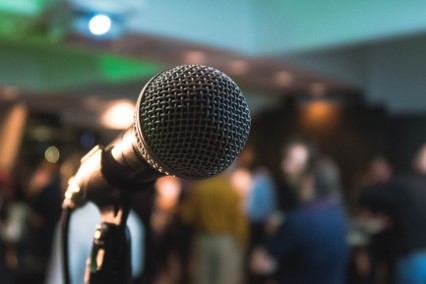
ΑΙhub.org
An introduction to science communication at #NeurIPS2024

We’re pleased to announce that we will be giving an introduction to science communication for AI researchers at NeurIPS this year. This will be held on Tuesday 10 December from 14:00. If you are attending the conference and fancy finding out how you can communicate your research to a general audience in different formats, then please do join us.
Following an hour-long introductory talk, there will be an optional, open, drop-in session where you can try out some of the things you learnt in the course, ask any sci-comm questions, and chat about your ideas and stories.
Timetable
- 14:00 – 15:00 Talk: science communication for AI researchers – introductory training
- 15:00 – 16:00 Open drop-in session for one-on-one support
Location
Meeting rooms 8 & 15, East Building, Vancouver Convention Center
Presenters
Professor Tom Dietterich, Oregon State University
Dr Lucy Smith, Senior Managing Editor, AIhub
About the session
Science communication is essential. It helps demystify AI for a broad range of people including policy makers, business leaders, and the public. As a researcher, mastering this skill can not only enhance your communication abilities but also expand your network and increase the visibility and impact of your work.
In this brief tutorial, we will teach you how to clearly and concisely explain your research to non-specialists. You’ll learn how to avoid hype, how to find suitable images to illustrate your work, and where to start with social media.
What we’ll cover
- Why science communication matters
- Different ways to do science communication
- Working with media
- Communicating via social media
- Finding your story
- Turning your story into a blog post
- How to find and use suitable images
- How to avoid hype in your communication
- Unconventional ways to do science communication
If you’d like to find out more, contact Lucy Smith at aihuborg@gmail.com, or see our session webpage.
tags: NeurIPS, NeurIPS2024, quick read










